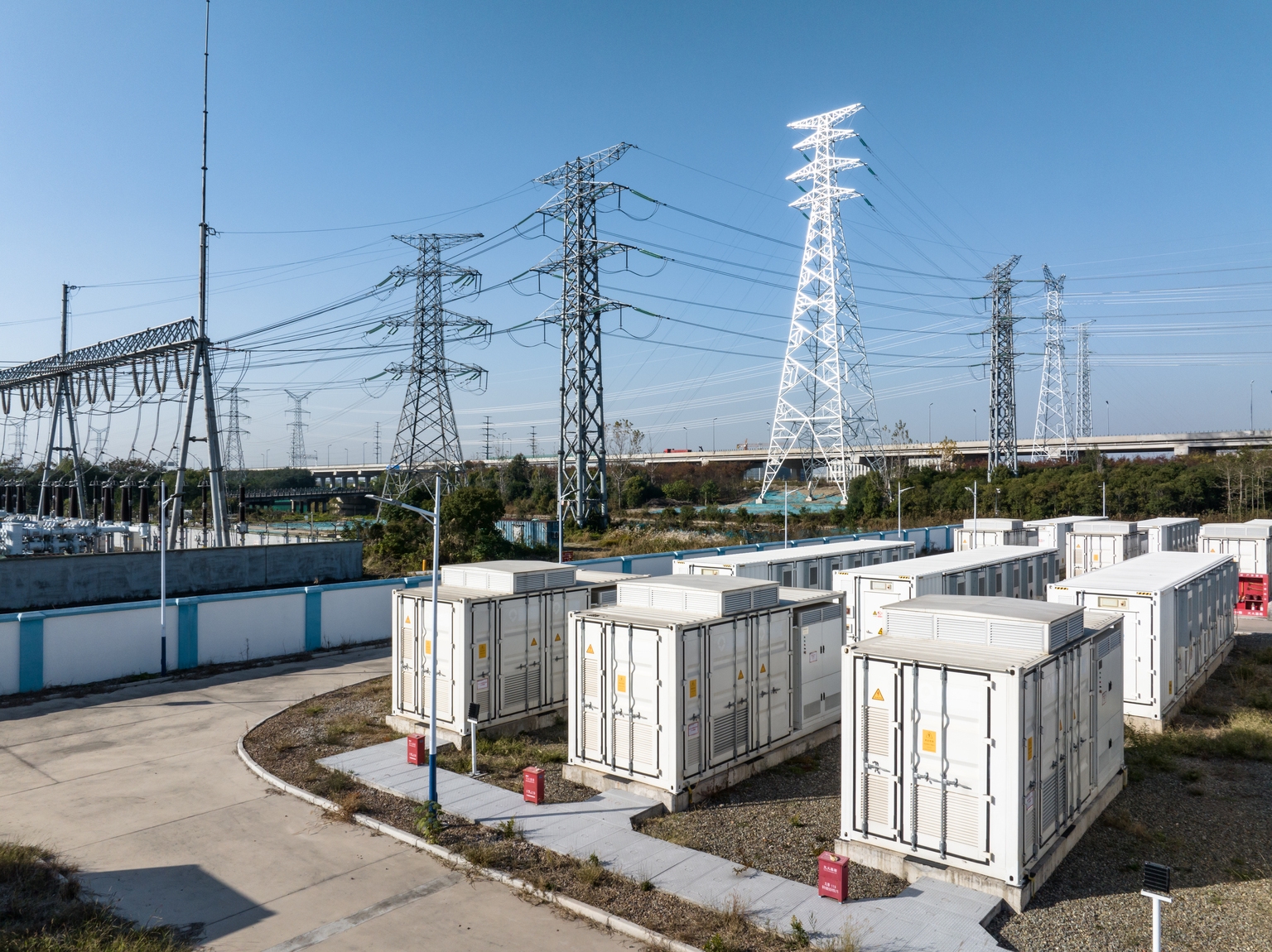Both corporate and personal insolvencies have risen compared to last year as inflation and the cost-of-living crisis affect businesses and individuals, according to new analysis.
There were 270 corporate insolvencies in the second quarter (Q2) of 2022/23, a 28% increase on the same period the previous year when there were 211, official Scottish Government statistics show.
Personal insolvency numbers rose to 2,069 in Q2 of 2022/23, a 7.7% increase on Q2 last year when there were 1,921.
The number of corporate insolvencies and personal insolvencies in the latest quarter also both rose compared with the previous quarter (April-June 2022), rising by 10.7% and 1.3% respectively.
Iain Fraser, chairman of insolvency and restructuring trade body R3 Scottish Technical Committee, said: “The quarterly and yearly increases in corporate insolvencies, to the highest level since the beginning of 2020, has largely been driven by a rise in the number of compulsory liquidations.
“Compulsory liquidations have risen more than 143% from the same period last year, and the key factor behind this is the end of the temporary legislation that altered the process and criteria for these, in an attempt to support businesses that were affected by the pandemic.
The reality of the cost-of-living squeeze means more people are turning to insolvency processes to improve their financial situation
Iain Fraser, R3 Scottish Technical Committee
“Supply chain issues, spiralling inflation, and labour market shortages are all having a huge impact on Scottish firms’ ability to operate successfully, let alone grow, over the last quarter.
“And with further price rises such as the energy cap increase we saw at the beginning of October yet to be factored into the figures, it is likely that we will see corporate insolvencies continue to rise next quarter.”
Personal insolvencies include bankruptcies and protected trust deeds, the latter being a formal debt solution where an agreement is made between a debtor and creditors to repay part or all of their debt.
Mr Fraser said: “When it comes to personal insolvency, the quarterly increase has been driven by a rise in the number of protected trust deeds. The year-on-year increase has been driven by a rise in both protected trust deeds and bankruptcies.
“The reality of the cost-of-living squeeze means more people are turning to insolvency processes to improve their financial situation.
“For many businesses and individuals, some difficult choices lie ahead but with the right support from a qualified professional, there are many potential options available to help tackle financial distress.
“Having the conversation early, before your money worries get worse, will give you more time to consider the best course of action.”















